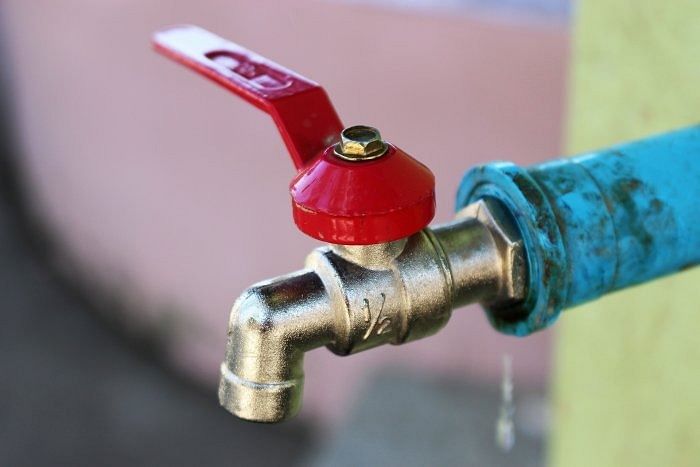
Terming the Jal Jeevan Mission a success story, Union Minister Rattan Lal Kataria on Saturday said India is ready to share its experience from the scheme with other developing nations.
Speaking at a webinar organised by the BRICS International Forum, a civil organisation, he called upon BRICS nations to share their innovations and best practices in the water sector.
Brazil, Russia, India, China and South Africa (BRICS) are members of the grouping
Highlighting the achievements under the Jal Jeevan Mission (JJM), the minister of state in the Jal Shakti ministry said India launched the initiative in August 2019 with a total outlay of Rs 3.60 lakh crore, which is around USD 48 billion.
"A scheme of this scale is unprecedented in the history of this nation and probably in the world," he said.
Kataria said that in a short span of one and a half years, India has provided over 40 million rural households piped water connections.
He said at this pace, it is expected to meet the ambitious target of covering all rural households well within 2024.
"The outcome of the Jal Jeevan Mission cannot be limited to providing piped water connections to households. It is ushering a social revolution as each and every household - irrespective of caste, colour, creed or religion -- is getting water at 55 litre per capita per day (lpcd), following an inclusive approach," the minister said.
It is reducing drudgery for women who used to travel long distances to get water for their families. In fact, village-level committees have been constituted for making plans for augmenting water supply, he said.
Fifty per cent participation has been ensured for women in such committees. This step will empower women to take important decisions linked to water management, Katari said.
The mission includes a huge investment in the water supply network infrastructure like pipes, taps, pumps and storage tanks, and it will create a huge demand for skilled and semi-skilled workers like pipe fitters, plumbers, electricians and pump operators, he said.
Therefore, the mission includes a component of skill training for the rural youth so that they can earn their living, the minister added.
"Terming the JJM a success story, Kataria said that India is ready to share its experience with other developing nations," a statement quoting the minister said.
Kataria highlighted the role of BRICS nations in resolving common problems like lack of access to safe drinking water.
He cited the example of Cape Town, South Africa, which became the first major city to have run out of water in 2017-18, to highlight the gravity of crisis of water in the world.
Kataria mentioned that around 3 million people in Brazil still lack access to safe drinking water. Russia on the other hand has one-fourth of the world's fresh surface and ground water resources and provides 248 lpcd water to its residents for domestic use, he said.
Kataria added that the Covid-19 pandemic has exacerbated the existential global crises like hunger, poverty and water scarcity.
He emphasised on learning from each others valuable experience in handling water crisis as 2.2 billion people across the globe still struggle to have access to safe drinking water.
The minister termed providing safe drinking water to people as an inescapable duty of any government and also a human right as enshrined in a UNGA resolution.
The webinar was attended by Prof Prince William Mishiki, Minister of Congo; Yulia Berg, Co-Founder of the International Business Acceleration Centre, Russia; Purnima Anand, President, BRICS International Forum, among others.